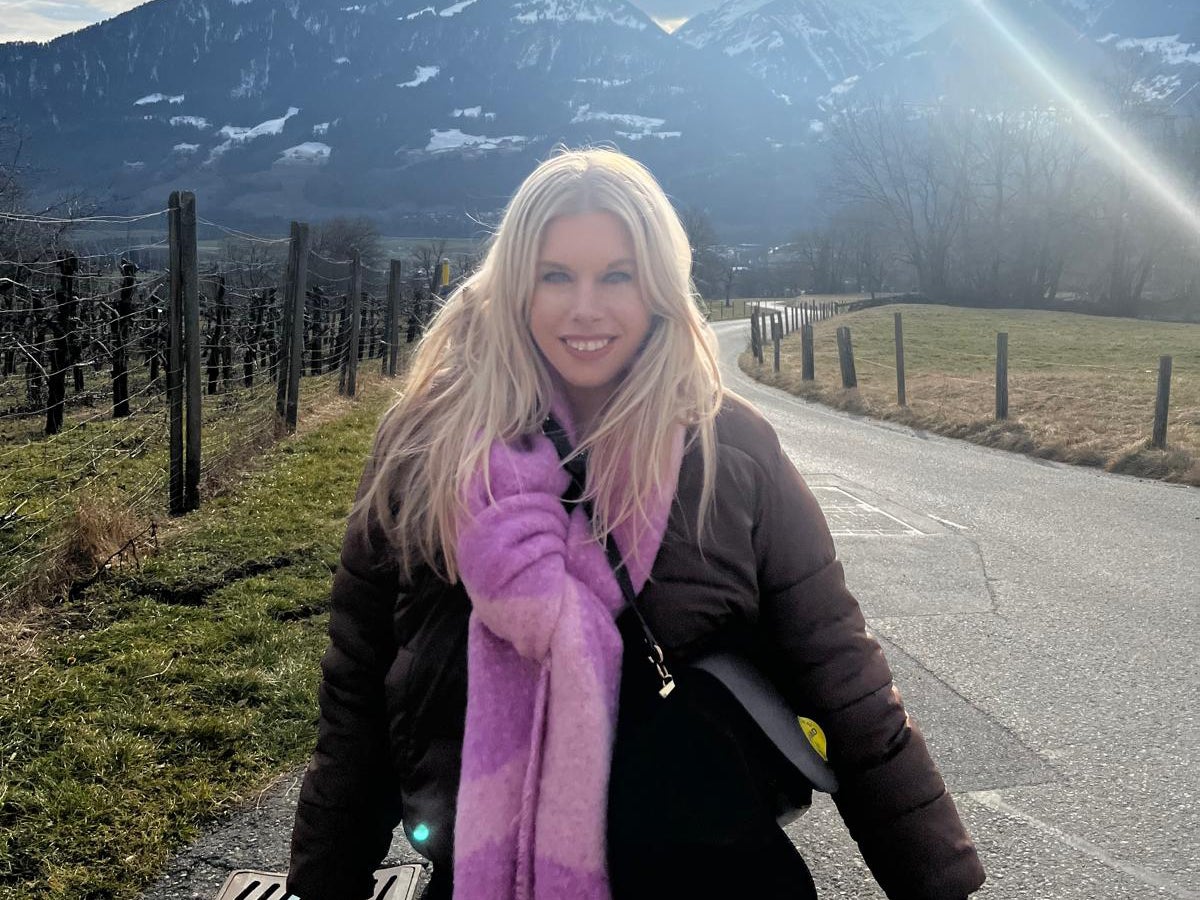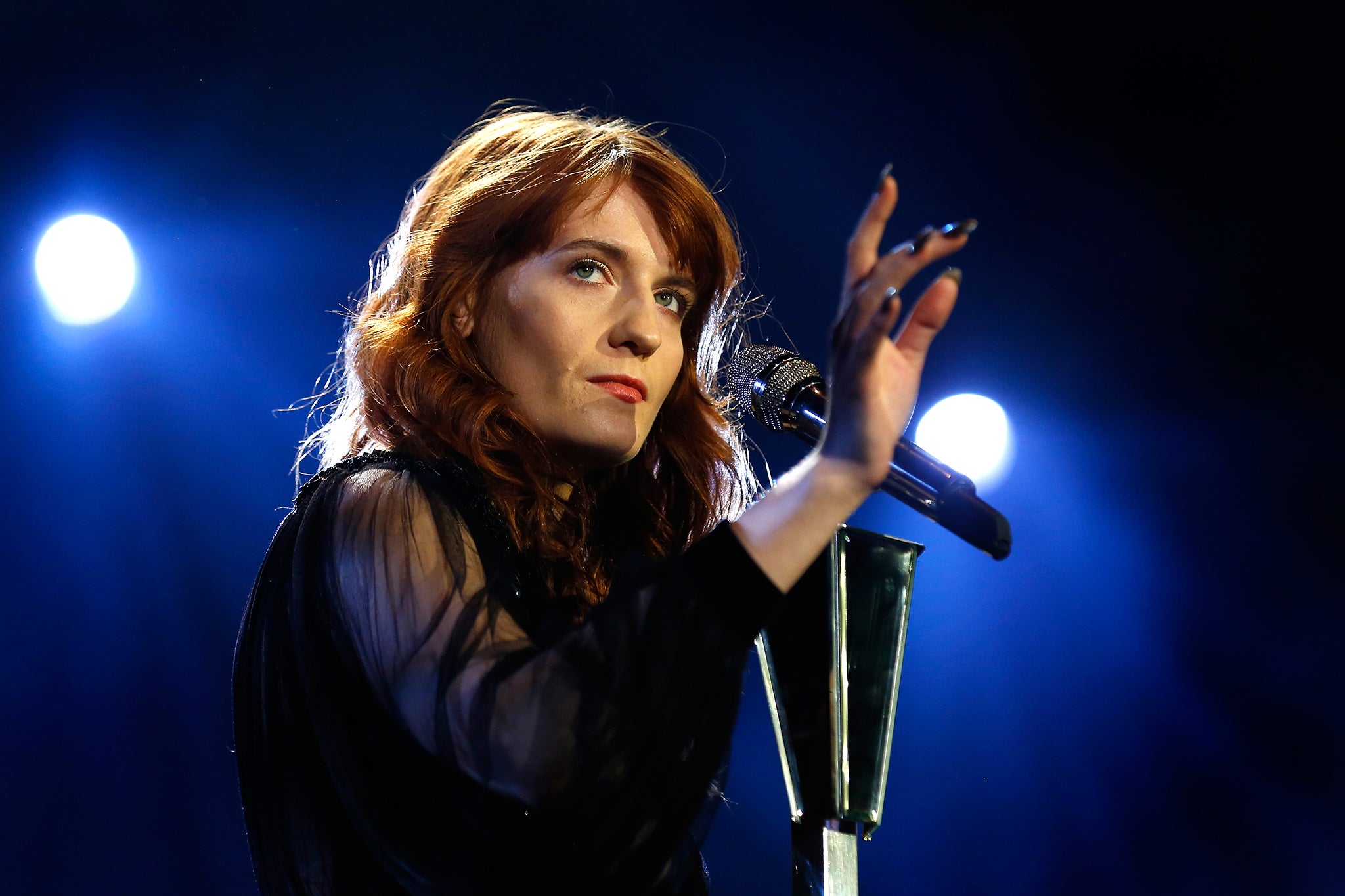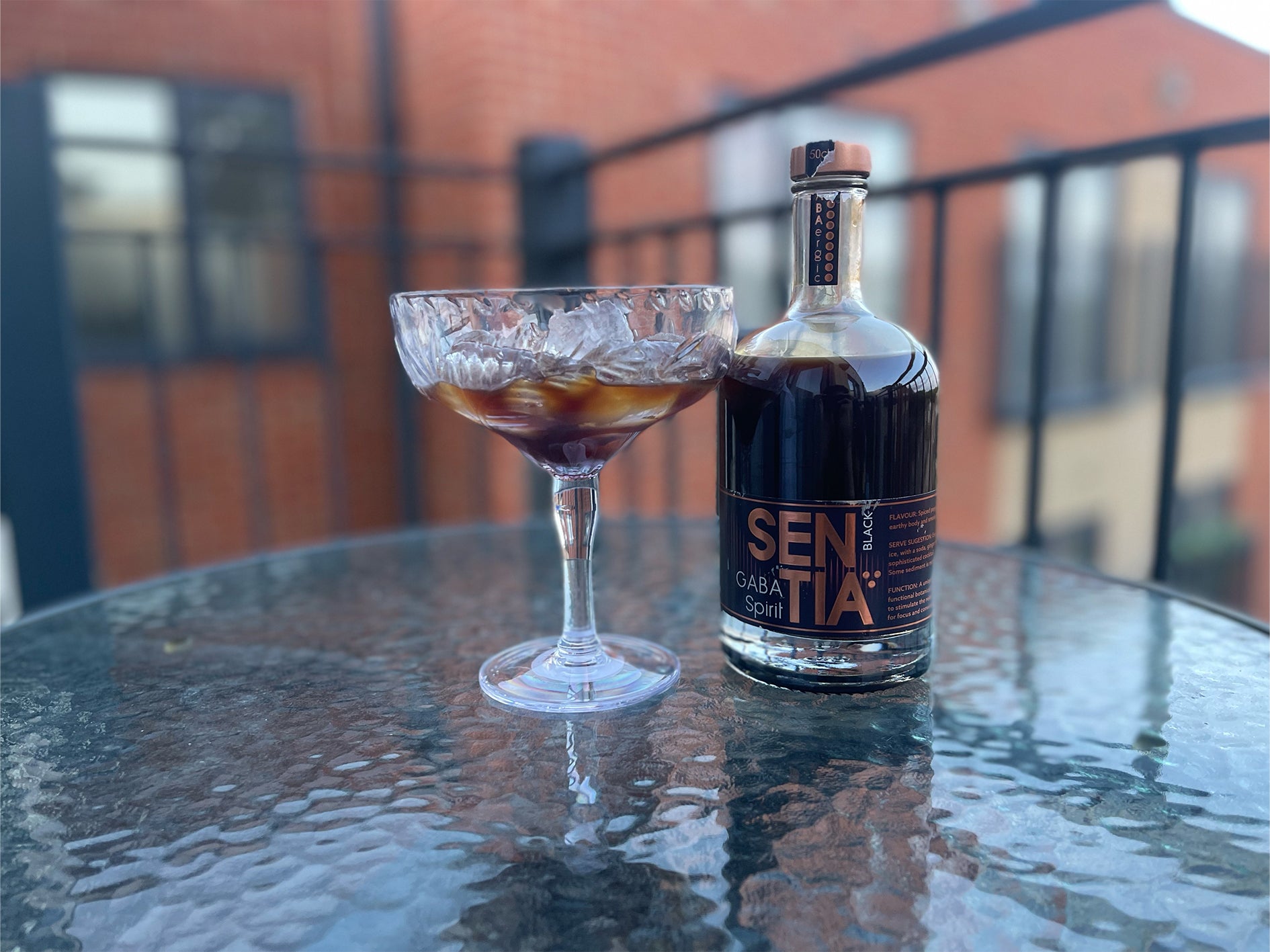‘If you are doing Sober October, be prepared for it to change your life in ways you’d never imagine’
As many dip their toes into sobriety this month, Olivia Foster explains the different phases she experienced after giving up booze, from ‘pink clouding’ to a complete work and relationship overhaul. Here’s how she did it and what she has discovered during her three-year-sober journey so far…

Like many people growing up in rural parts of the UK, my first taste of alcohol was both exhilarating and repulsive in equal measure; I downed a glass of neat vodka at my best friend’s 14th birthday party before becoming heart-stoppingly convinced that I might die. Perhaps, in hindsight, I should have always known it didn’t suit me.
For nearly two decades after that night, I persisted, developing a dependent relationship with alcohol that was based largely on lies. If you’re one of the many people taking part in Go Sober for October this year, maybe you’ll recognise some of them…
When drinking on flights, I told myself I was cosmopolitan, when drinking in bars, I was a strong independent woman, when drinking alone in my flat, I was a hard-working professional who deserved to take the edge off of a long day. When I went out with friends and had a few too many, I’d tell myself everyone does it sometimes and, when waking up with crippling anxiety and a mouth that felt like cotton wool, I’d say it was a small price to pay for all the “fun” I was having.
It didn’t matter that I always pushed the boundaries, or that I was always the person to ask: “One for the road?” For a while, it was easy to keep going like this. I came of age in the Nineties, when living large and drinking in abundance was a status symbol. My university years were a time when £1-a-drink nights were the norm and, when I got my first job as a journalist in 2011, “sober curious” was a buzzphrase still waiting to be invented. I barely knew any sober people back then, so the idea that I could become one felt out of reach. Not that I was even considering it.
Instead, I desperately wanted alcohol to work for me, so I kept trying to tell myself it did. One of the biggest myths if you have a problem with booze is that you can conquer it – that you can become the master, and that one day you’ll really be able to have “just a few”, and wake up feeling fine the next morning.
If you’re someone who regularly drinks to excess or if even having a few is affecting your life in a negative way, I’m sorry to break it to you – this probably isn’t going to happen.
The statistics don’t lie. Recent research by Drinkaware revealed that 90 per cent of UK drinkers try to moderate their alcohol intake, but, despite this, one in five are exceeding the government’s drinking guidelines meaning they could be putting their health at serious risk. Try as we may, controlling an addictive substance is, for most, impossible.
Eventually for me, it became too much. The costs of drinking were too big; whole days of my life were being wasted in bed clutching a blistering headache, I was struggling with my mental health and I knew I wasn’t – and couldn’t be – present for so many occasions. And it wasn’t just affecting my health, it was hurting me in ways I didn’t even know then. Three years after I gave up drinking, nearly everything in my life has changed.

It didn’t all happen immediately. For anyone who has given up alcohol, there are likely to have been phases. One of the pieces of advice that circulates around sober communities is pick a date to stop and stick to it, and I knew that’s what I had to do.
During early sobriety, there’s what’s known as “pink clouding”, a honeymoon period where you feel euphoric and overjoyed at your new sense of self. One day during this time I spent half an hour filming some trees swaying in the breeze because I’d simply never seen anything more beautiful. This might sound mad, but not as mad as drinking two bottles of Tesco-brand wine to yourself.
As the clouds drift away there’s a period of finding your new normal. For a while, I carried on my life exactly as I had done before. I went to the pub, I partied and I went to festivals. I found a new sense of confidence in doing these things sober, maybe it was easier for me because I’d grown to hate the person I was when I drank, but it never felt hard.
Eventually, though, I became bored. Whether it was sobriety, or growing up, I started to question why I was maintaining a social life that was heavily linked back to booze when there were so many new things I could explore.
There were certain things that changed exactly as I thought they would when I gave up booze; I lost weight and my skin, which had been prone to adult acne, cleared up. I also became a morning person. Plus, the deep-rooted anxiety I was trying to squash beneath a bottle of Pinot Grigio became more manageable – both generally, but also because I finally started seeing the therapist I claimed I couldn’t afford when I was spending all of my money on wine.

But what was more interesting was how sobriety was like shining a light on my life, every single thing became a little bit brighter and a little bit better.
There have been huge benefits I hadn’t foreseen – my career has changed dramatically. I spent a year working as a producer on This Morning, a job I’d always dreamed of, and I’m now working as an executive producer managing up to 18 projects at one time.
Without the focus on alcohol, I’ve been able to apply myself in roles I really care about, while not losing entire days to hangovers. You can only become so successful when half of your time is spent panicking and lamenting what you did the night before.
I’ve also built the type of relationship that would never have been possible had I continued to drink. In romantic relationships alcohol made me prickly, over-sensitive and difficult, it also meant that I made the wrong choices. This is one of the things I’ve always found the most difficult to talk about; the voice in the back of my mind that told me that unless I sorted out my drinking habits, I didn’t deserve to be loved.

It’s not always easy. One of the hardest things about giving up booze can be drowning out other people’s voices. Your sobriety will hold a mirror up to their issues and there will be people who find that uncomfortable. This has shown up in my friendships under many guises; there have been people who have repeatedly asked if I’m “OK” on nights out because they can’t comprehend that I could be, and people who have been at great pains to tell me how their drinking habits “alright”, really. And there have been friends lost. For one of my oldest friendships, my sobriety became a fork in the road we couldn’t ignore, it was hugely painful, but not something I’d change.
On the flip side, being sober has brought other people closer, as well as allowing a couple of friends the space to have more serious conversations about their own relationship with alcohol. I have friends who will use me as an excuse for a sober night and it’s made me realise that many people would like to cut back, they just need to feel accepted.

The good news is it’s now easier than ever to give up. The non-alcoholic drinks industry is booming, whether that’s beer brands like Lucky Saint or Free Damm, or the development of “mind-elevating”, drinks like Sentia, designed by Professor David Nutt to deliver a two-drink buzz without the cumulative negative effects that alcohol can have.
It’s also more talked about than ever, celebrities including Tom Holland, Florence Welch and Drew Barrymore have opened up the conversation and there is a bigger understanding that you don’t need to be an “alcoholic” to want to give up.
Plus, there are endless resources available, from books like The Unexpected Joy Of Being Sober by Catherine Gray, to people sharing their experiences and offering coaching like Sober Dave, to communities like the Sober Girl Society. There are even places like Club Soda for those looking to cut back and change their relationship with alcohol. If you’re thinking of giving up, there really is no better day than today…





Join our commenting forum
Join thought-provoking conversations, follow other Independent readers and see their replies
Comments